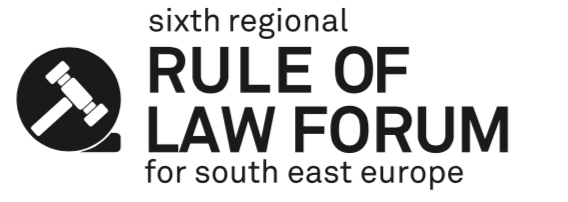The topic for this years Forum was “Children and the European Court of Human Rights”, and COPE was specifically invited to participate in order to ensure that the issue of children with imprisoned parents was included, with particular reference to the European Court of Human Rights case of Serce v Romania (No.35049/08) of 30 June 2015. In this case, a Turkish man was sentenced to 18 years in prison in Romania, and after 2 years asked to be transferred to his home country to serve his sentence so that he could be nearer to his wife and 4 children. He was refused, and the Court did not consider that this raised an issue under the Convention, despite his Article 8 claim (right to family life) giving no consideration to the question of the children’s right to contact with their father.
Linos-Alexandre Sicilianos, Vice-President of the European Court of Human Rights, gave an opening speech outlining the approach of the Court. Key points included that the Court’s view is that the best interests of the child must be taken into account explicitly and systematically and applies irrespective of the identity of the applicant (ie adult or child), but the Court will not review the application by the local courts/authorities in order to substitute what is in the best interests of the child since the European Court is not itself in a position to hear the child (principle of subsidiarity).
The Serce v Romania case and hence the issue of children with imprisoned parents, was raised in both Working Group 1A (children and the state), and Working Group 4 which was for NGOs, ombudsmen and legal experts. In this way, given that it was mentioned in the plenary report backs from both these working groups, the issue of children with imprisoned parents received some general exposure, and there were opportunities to introduce COPE to a range of participants – judges, NGOs and others – and to discuss some of the challenges with regard to getting judges/courts to take account of the children. The case is also included in the background materials for the Forum, as is Hadzhieva v Bulgaria (1 February 2018) where the European Court of Human Rights found a violation of Article 8 when both parents were arrested and detained by police, leaving a 14 year old girl alone. It was clear that knowledge of COPE was low amongst this group (apart of course from the AIRE Centre and the Croatian Children’s Ombudsman’s office), and the opportunity to raise awareness of COPE and of the issues was therefore valuable.


